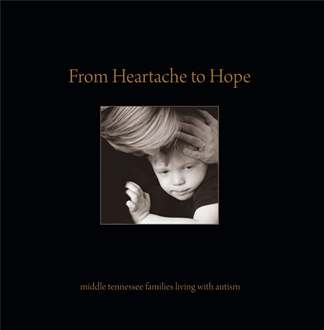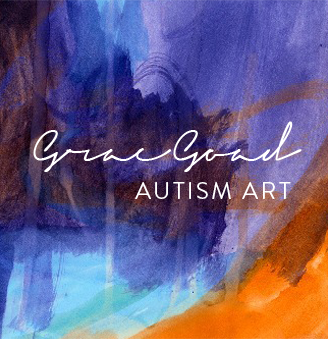Photo: Mishelle Lane of “Secret Agent Mama.”
There’s something about the southern psyche. Something I’ve been trying to catalog and comprehend for decades now. Our recent trip to Memphis reminded me of a sense of woundedness in these parts. There is pride in the South. Pride in our ways. Our food. Our land. But, there is also shame in some of all of those good things. The ways of prejudice, a love-hate embedded in the the fat and fried of our food….Hang with me here….
The makings of a good southern novel have the ingredients of race, food and family. And those are the elements that stitch the worn fabric of the South. It’s true there’s brand new, shiny material. Cities that got Bling: Atlanta. Nashville. Charlotte. And more. But, as we drove around Memphis, I was reminded of the taproot I once observed in Richmond. A love of place. A pride of place. But also a woundedness and sense of shame about that place.
Shame for a past that’s never been forgotten. That maybe never should be. Shame in the soul of the black man. And shame in the soul of the white man–both observers and perpetrators. A past that the North won’t let us forget and reminds us of every chance some journalist comes down to do an expose of the South, particularly before we host some major event down here. When you are repeatedly told by bigger northern cities and by the press that you are inferior and then you have a past like ours, it tends to burrow within one’s psyche and become a validated belief. I first observed this child-like, feral, even, sense of inferiority the decade I lived in Atlanta. This was pre-Olympic days. The mecca of the South is a mighty different place nowadays since then and I’m sure glad I vacated the premises. Atlanta fought that sense of inferiority doggedly, the step child always clamouring to sing, tap dance and hear a boisterous round of applause.
A friend of mine talks about it in terms of economics. She was an econ major. She says that part of this sense comes from our agri past. While the north experienced an industrial revolution, progress did not come as quickly and maybe never completely so to infiltrate the nooks and crannies that remained agricultural.
I realize some of these ideas are undeveloped. I’m still grasping here. Two days back from our trip to Memphistown, I woke up with those familiar, confusing threads in my hands, trying once again to piece them together. There was a sadness about Memphis. There’s a particularly painful past there. A painful past of racial strife that colors the place. That hurts the place. Palpably if you stop and notice. If you put your ear to the ground. It’s some how energeticly embedded within the soil there.
The election of our country’s first African American president took the Band-Aid off and ripped open a barely sealed wound and left it gaping. Nationwide. Not just here in the South. But, current climatic horrors aside, the South’s northern neighbors have never been immune to the ills of racism. Never have despite the sanitized spin they’ve tried to put on it. But the South’s legacy yells loudest. And echoes. You look at the shaming depths of poverty in some Southern regions, both rural and urban, and you see the cycle spinning. Spinning. One wonders, how can it ever be broken.
For decades now, I’ve been wondering about all this. Meanwhile, my own psychic wounds surrounding this visceral sense of place pulsate with the Southern blood within them.





Provocative post, Leisa. And, I understand the grappling–the quest to articulate these ambivalent feelings. I’m New York born, a transplant to the South over 40 years ago, and I feel very immersed in Southern sensibilities. I am endlessly fascinated by it. It’s a complicated relationship, but what one of depth isn’t? I have found that some parts of the South feel heavier than others—Memphis is that way. No doubt has to do with levels of poverty vs affluence. Go to Birmingham and visit the Civil Rights Institute and it brings it home—all of this blatant racism, hatred and fear, was not very long ago.
Thanks for the North-South perspective, Nancy!